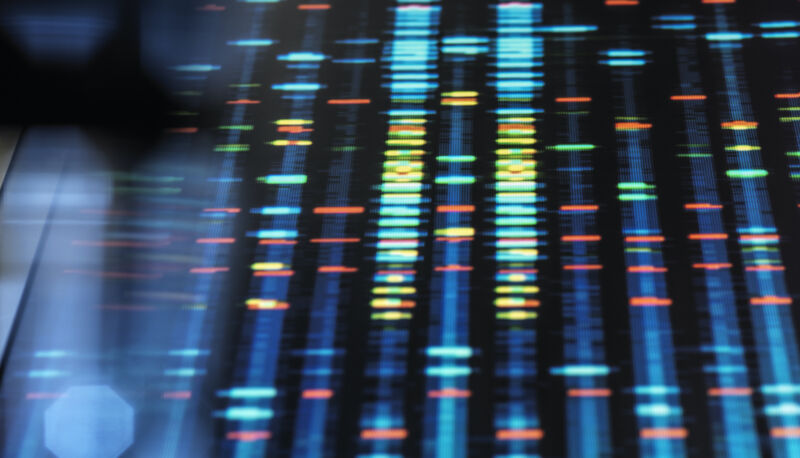
Enlarge (credit: TEK IMAGE / SCIENCE PHOTO LIBRARY)
Matthew Cobb is a zoologist and author whose background is in insect genetics and the history of science. Over the past decade or so, as CRISPR was discovered and applied to genetic remodeling, he started to get concerned—afraid, actually—about three potential applications of the technology. He’s in good company: Jennifer Doudna, who won the Nobel Prize in Chemistry in 2020 for discovering and harnessing CRISPR, is afraid of the same things. So he decided to delve into these topics, and As Gods: A Moral History of the Genetic Age is the result.
Summing up fears
The first of his worries is the notion of introducing heritable mutations into the human genome. He Jianqui did this to three human female embryos in China in 2018, so the three girls with the engineered mutations that they will pass on to their kids (if they’re allowed to have any) are about four now. Their identities are classified for their protection, but presumably their health is being monitored, and the poor girls have probably already been poked and prodded incessantly by every type of medical specialist there is.
The second is the use of gene drives. These allow a gene to copy itself from one chromosome in a pair to the other so it will be passed on to almost all offspring. If that gene causes infertility, the gene drive spells the extinction of the population that carries it. Gene drives have been proposed as a way to eradicate malaria-bearing mosquitoes, and they have been tested in the lab, but the technology has not been deployed in the wild yet.
No comments:
Post a Comment